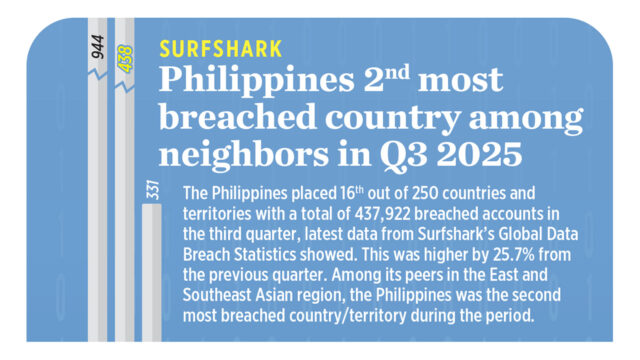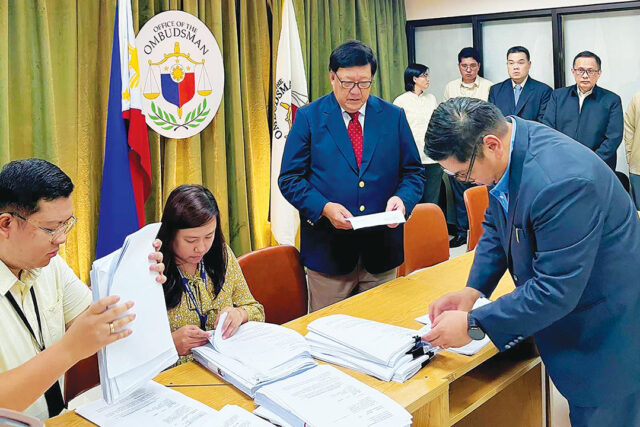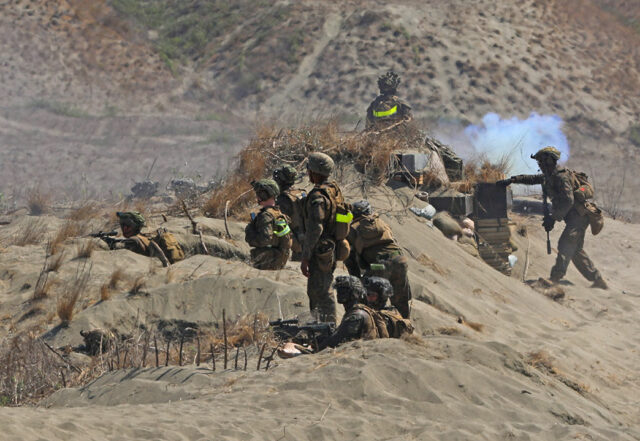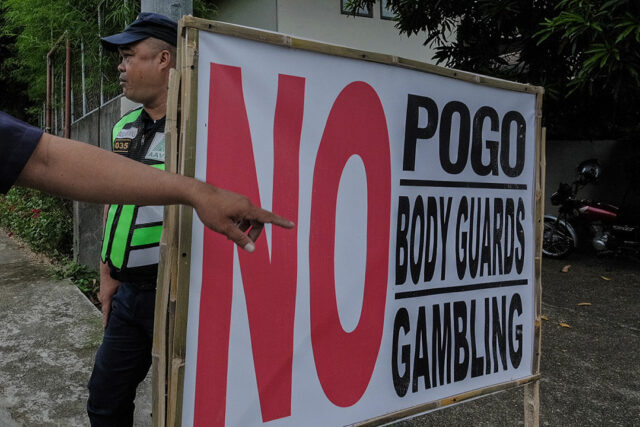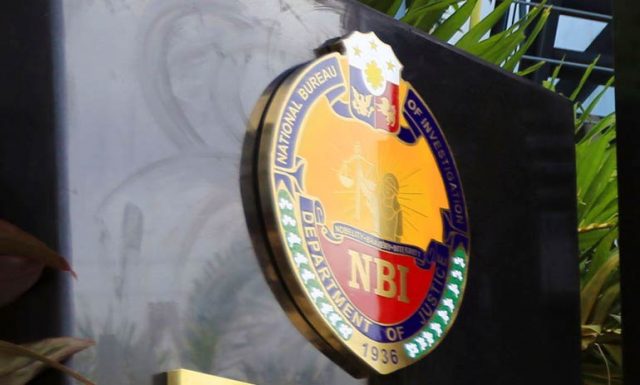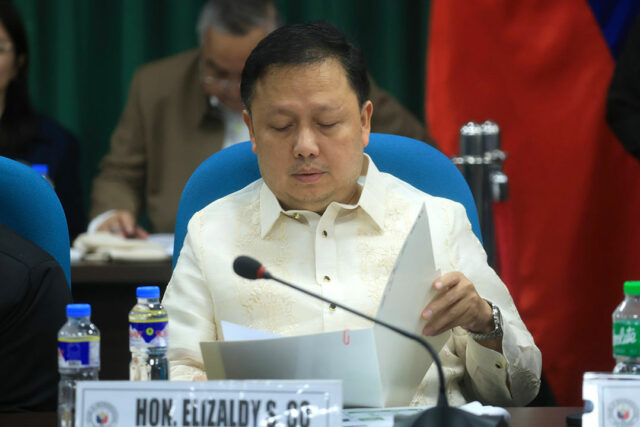Pet peeve

Those who consider four-footed animals as part of the family to be taken around with them to malls and restaurants, either in chains or in prams, may equate “pet-less” with “heartless.” “Fur babies” as a term of endearment when referring to pets can also be used warmly to two-footed partners and close friends who will not find that phrase cringeworthy.
Here’s a warning — those who love dogs and even sleep with them for warmth and companionship not offered by less furry substitutes, can skip this piece altogether. Kindly jump to the latest posts on flood billionaires abroad and get your aggravation for the day there.
Pets that make noises, like loud barking and hostile snarling, are not warmly embraced by some, especially those who love to meditate on their navels.
A village walker, who has a phobia for four-footed creatures that snarl and bark at him for no other reason than being engaged in a non-threatening aerobic occupation, is sure to understand an aversion to pets crossing his path. Some households prefer quieter company like terrapins and canaries. The soft movement of fins and legs as well as cooing sounds on the terrace can be soothing.
Here are some actuations of dog walkers that turn some against the species canis familaris. These habits occur more frequently now in malls and other public places like parks and even restaurants.
“Don’t worry, Sir. She doesn’t bite.” Respectful assurances from a dog handler to an older person with a walking stick is intended to allay fears of being attacked by a snarling dog. The use of gender for a pet that should be referred to in the neuter form shows the affection of the assurer regarding the dog’s history dealing with the exposed ankles of passing strangers.
The retractable leash as a dog accessory is a new twist that increases the radius of movement for the pet. It allows greater leeway to stray without dragging its owner along, as in the case of the old fixed-length leash. The pet can frolic in a wider area and cross paths with a greater number of passers-by. It’s the dog that determines how far it wants to wander.
The maximum length of this new leash is unknown. Only the swishing sound of the retractable chain provides a clue. And this version of the uncertainty principle adds to the delight of the owner in seeing the panic-stricken faces of other pedestrians, including those walking their dogs too.
Dogs have become part of an individual’s accessories. They’re brought along almost everywhere. It is then a short step for dogs themselves to be accessorized. There are multicolored dog collars, sunglasses, and even tube attire (with poop catchers) to elicit even from the hard-hearted non-dog-lovers a grudging conviction that there is no economic recession in the country.
Even the most responsible dog walkers allow the loathsome and, to their mind inevitable, habit of dogs doing their business, usually in the grassy portions of the parks or on vacant lots. The first three letters of “poodle” summarize the most offensive aspect of pets.
Dog owners are required by malls and parks to clean up their doggy mess. Some upright citizens scoop up dog poo by picking this up with a hand encased in a plastic bag they carry which is then turned inside out to neatly store away the feces. This bagged souvenir can then be disposed of in the nearest bin. Dog diapers are more practical for this reason. (See above on accessories.)
Not all dog owners are so scrupulous. If two-legged animals can pee against a tire on the side of a road, they are given some latitude to provide sticky offerings underfoot for unwary strollers.
An aversion to pets especially in public places, including restaurants, may be considered a form of heartlessness. Is it possible to have a pet peeve and still retain a sense of humanity? (Can you still be against corruption?) It’s a balancing kind of love-hate relationship. Truly, there are some cute and well-behaved poodles to be admired — at a distance.
Do dogs have an instinct in recognizing human hostility, or even indifference? Why else do they snarl at some on sight? It’s best to let sleeping dogs lie.
Tony Samson is chairman and CEO of TOUCH xda


